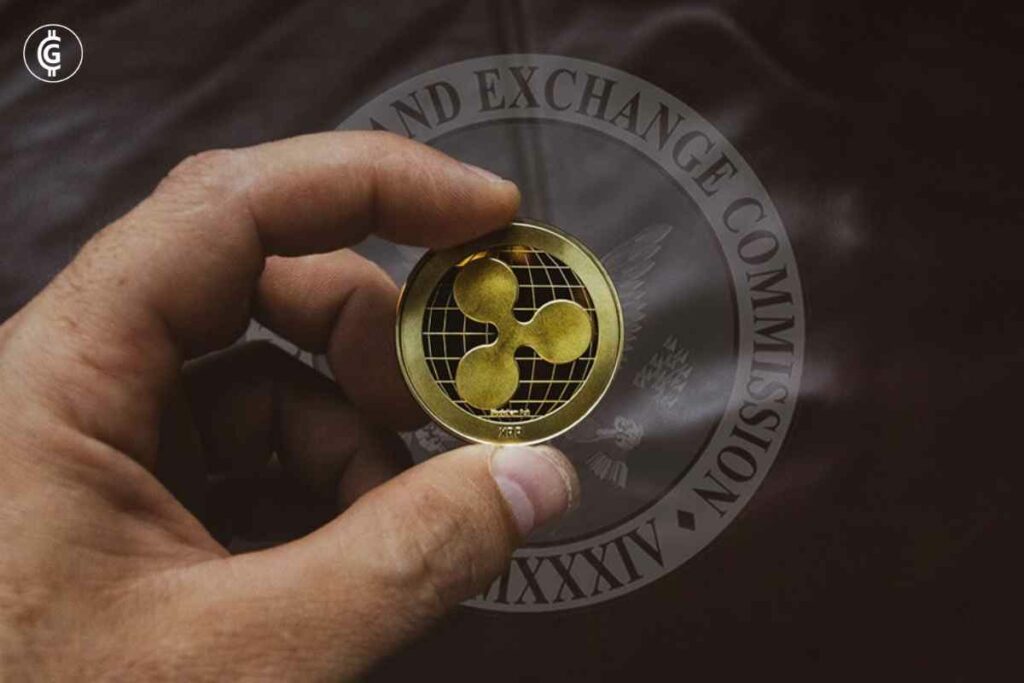The US SEC is filing multiple lawsuits over digital assets and related firms in an attempt to extend its jurisdiction over the industry. However, long running Ripple lawsuit has grabbed every expert’s eyeball, since both parties filed for Summary Judgment in the case.
Will XRP sales will be illegal?
John Deaton, Amicus Curiae in the XRP case suggested that the SEC has started an argument over the involvement of foreign exchange. The commission says that if offshore exchange maintains one server within the US then it has jurisdiction over crypto sales happening anywhere in the world.
XRP lawyer dropped the facts that Brad Garlinghouse, CEO of Ripple holds 95% of the business outside the US. Despite getting his executive compensation, he gets paid in XRP. While Ripple CEO sells some of his holdings on an exchange legally licensed and functional in Japan.
Will Ripple be in question?
As per information, the Financial Services Agency (FSA), the chief regulator of Japan has declared XRP non security. SBI, a Japanese financial institution is partnered with Ripple. It pays the e-sports team in XRP. While it provides dividends to its employees in Ripple’s native token.
However, SBI Holding CEO is putting efforts to use XRP as the official currency for the world’s Fair. While he has also declared that every bank in japan might be using Ripple’s token by 2025.
Garlinghouse is using a legally registered Japanese exchange to sell his holdings. This is happening where XRP is declared as a non security.
Meanwhile, the SEC chair is claiming that the exchange might have one server in the US. It can possibly argue that the XRP, Ripple CEO sold in Japan and the token used in the world fair was an illegal sale. This is all because the sale is subject to the jurisdiction of the commission based on server policy.
The presented content may include the personal opinion of the author and is subject to market condition. Do your market research before investing in cryptocurrencies. The author or the publication does not hold any responsibility for your personal financial loss.

